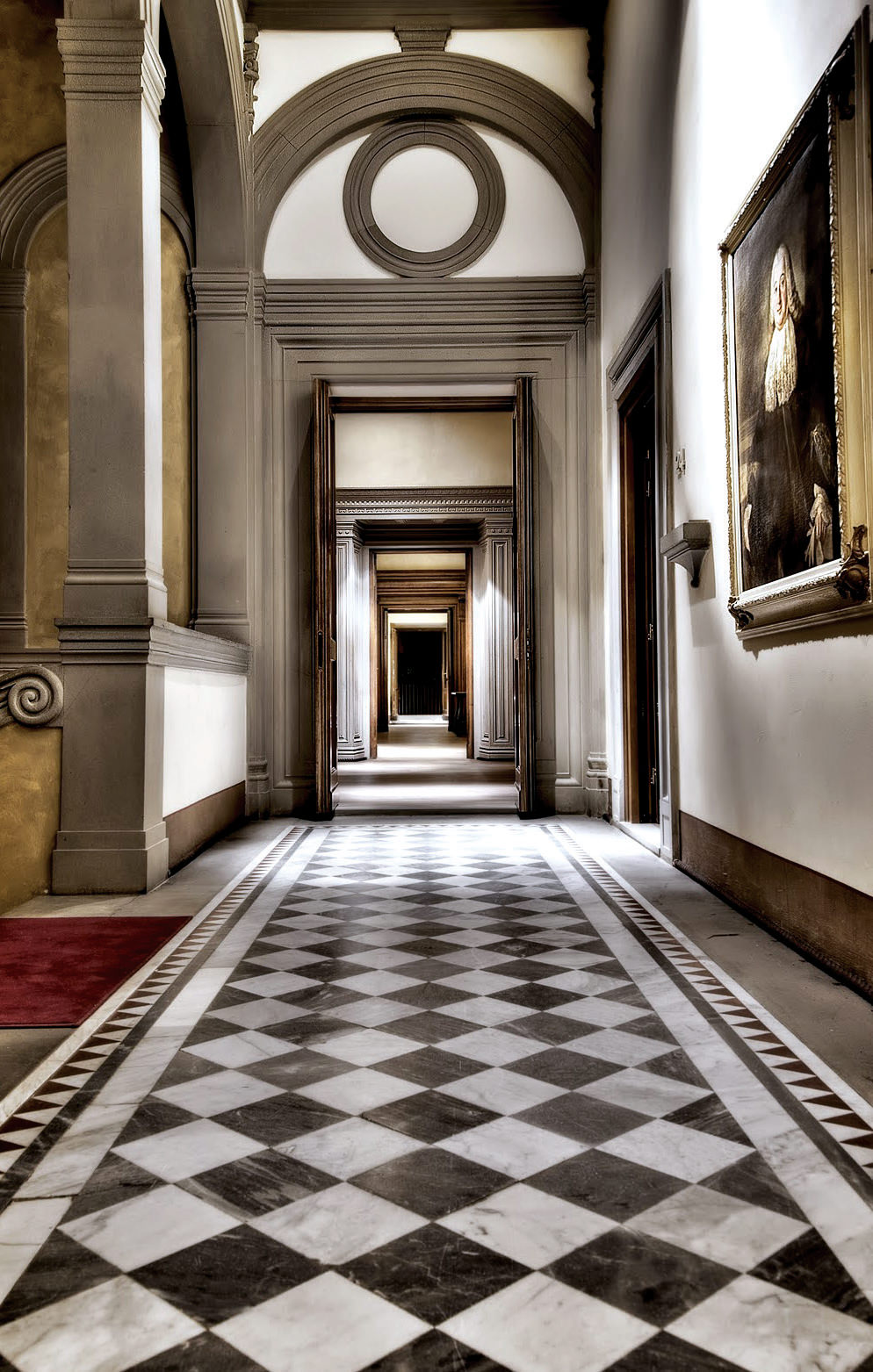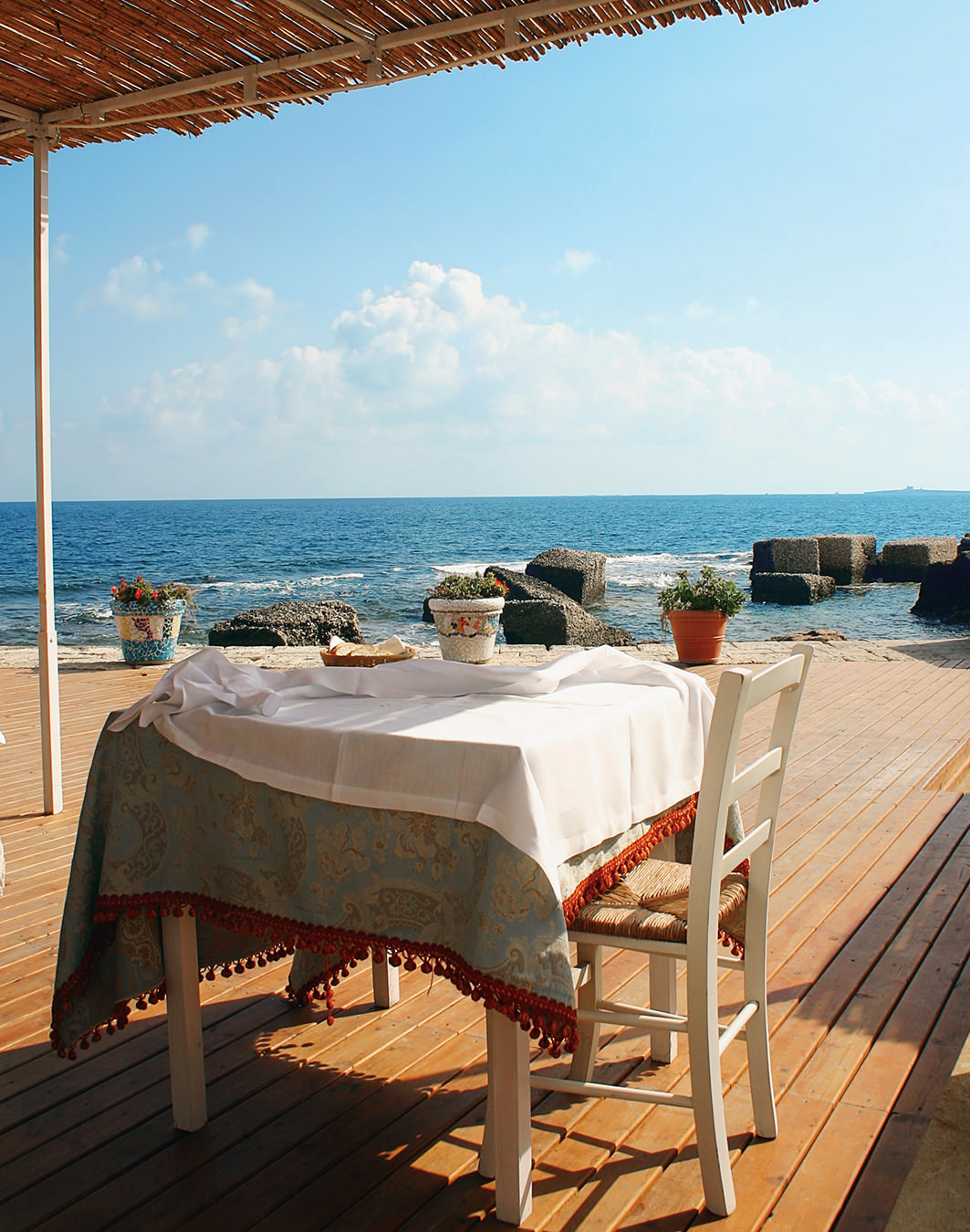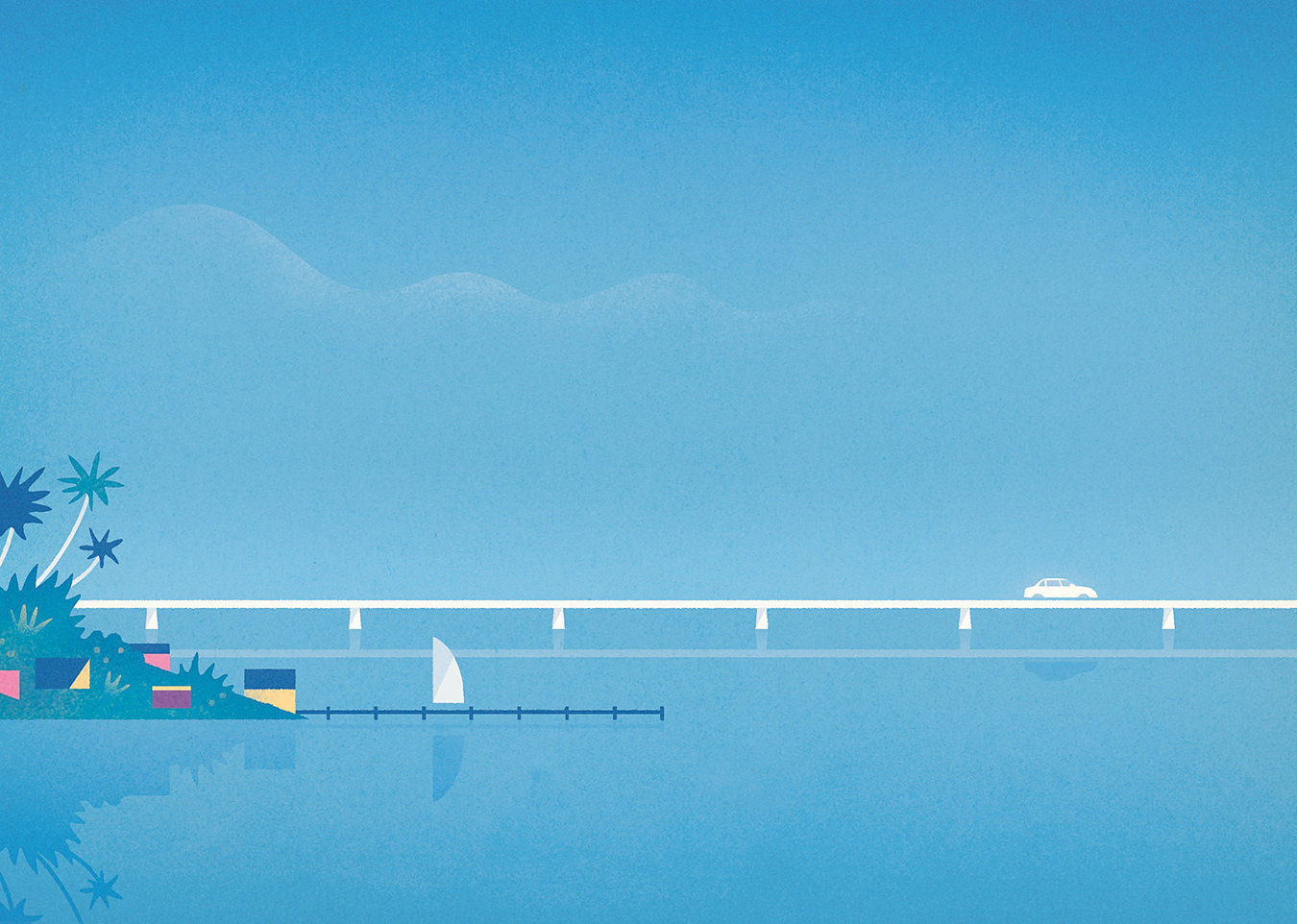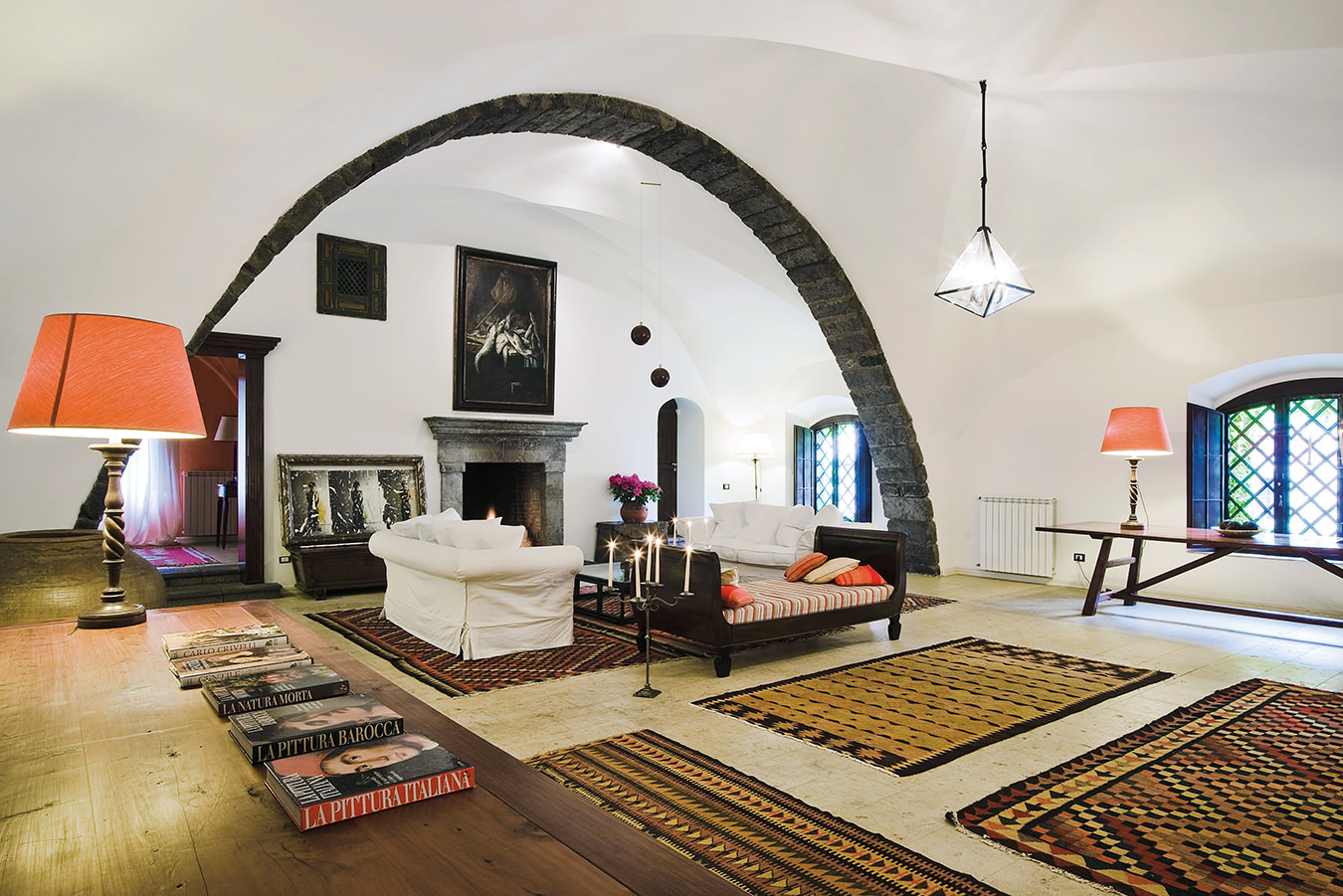When in Rome
Those hallmark keepsake experiences.
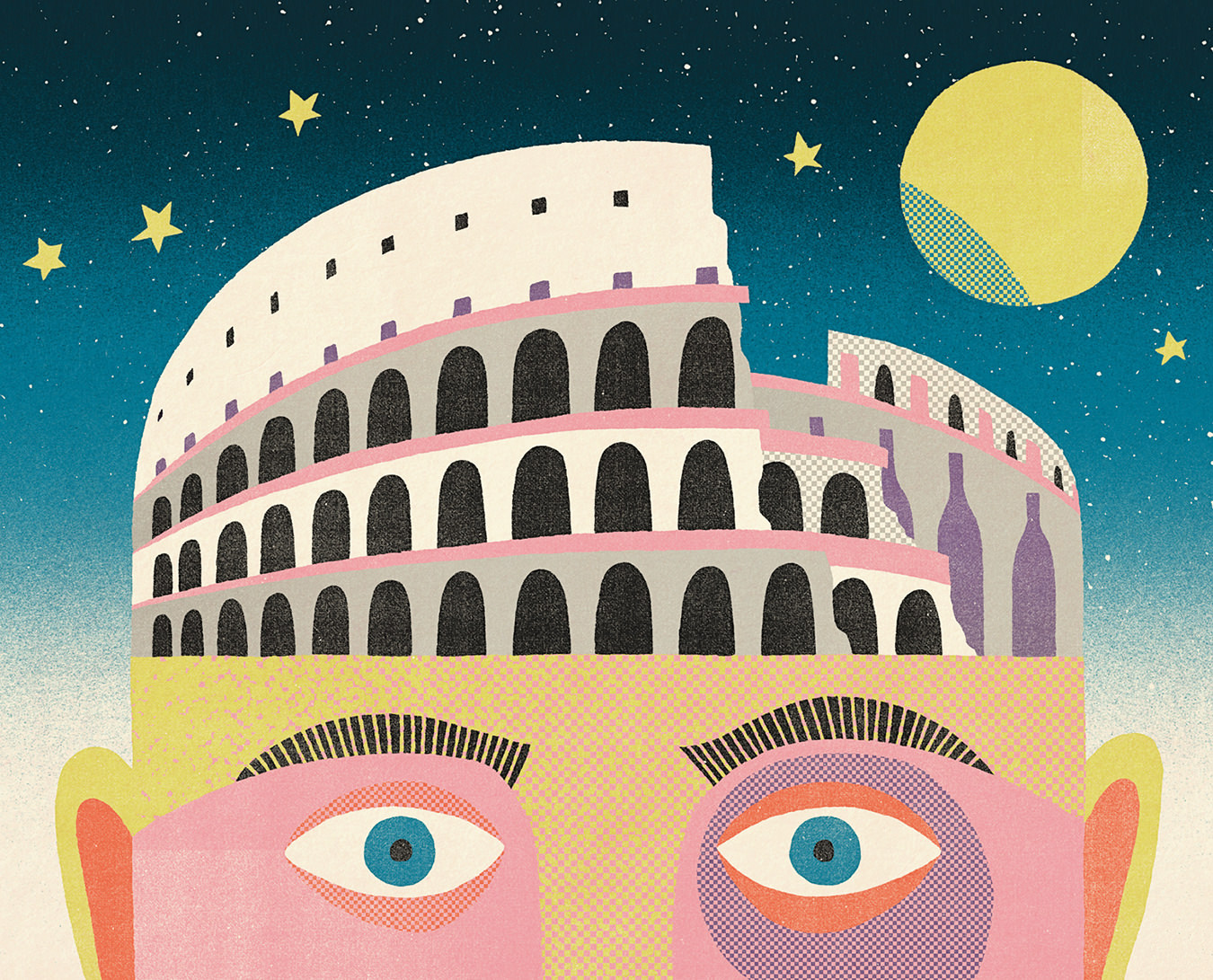
When I was young, I went to Rome. On the last night of the trip, with an early departure the next morning, my friends and I thought it would be an excellent idea to buy a few bottles of wine and drink them outside the Colosseum. We’d be tired in the morning, but it would be worth it to see the iconic structure one final time before we left. It was an extraordinary setting. Then somebody floated an idea.
At first, it seemed insane: to climb over one of the locked gates and break into the Colosseum. But we were intoxicated by wine and the romance of the Eternal City, and at some point the thoroughly insane idea began to seem unassailably logical. The next thing I knew, we were scaling one of the 10-foot-tall gates. With no one around to stop us, we pulled ourselves over the spires and dropped to the ground on the other side. It was silent. We were alone. We were in the Colosseum.
For me, this was entirely out of character. I am not and have never been an adventurer, nor do I climb mountains, or steep staircases if I can help it. Even in my youth, I shied away from the kinds of things that can turn out badly: skiing, snorkelling, talking to strangers, dancing in public, not washing my hands (repeatedly). A conservative streak runs through me—at least when it comes to putting myself in jeopardy, a spectrum that, I’ve come to believe, is almost indescribably vast.
When we emerged into the oval itself, it was simply breathtaking. The night sky was completely clear, and the moon shone a pale blue light throughout the amphitheatre. Among our group, there was no hooting or drunken shouting; just a still, respectful quiet as we milled about. At one point, I peered into the darkened hypogeum, the underground holding area where both animals and slaves were held before being transported up to the arena floor through trap doors by way of pulley-operated lifts. It was a long way down.
Taking another sip of wine, I sat down unsteadily. I was not fully drunk. Instead I was overwhelmed, floored by the realization of where I was, and how, of the billions of people on this earth, likely only handfuls could say that they, too, had seen this extraordinary place from such an incredible, although somewhat addled, perspective. It was almost spiritual.
Eventually I pulled myself up, and started walking along the edge. But in the darkness, I failed to notice a square hole directly in my path, large enough for, say, a fully grown man to pass through.
I fell. My arms instinctively jerked out to the sides, bracing myself against the perimeter of the hole. Struggling, I desperately tried to lift my weight, but my legs and most of my torso were dangling in mid-air, six metres above the floor of the hypogeum. Finally—it was probably only seconds, but it felt like hours—one of my companions rushed to my aid and helped pull me out.
That was it for me, and thankfully, the others agreed. We made our way back to the gates. When it was my turn, I pulled myself up to the top of the gate, which towered above the stone piazza below. And then I started to fall. I remember calmly thinking, “Oh shit,” and I felt my body slowly and gently descend to the ground, as if being carefully placed there by invisible, gigantic hands. In time—how much time, I can’t say—I opened my eyes. I was surrounded by people. They were asking me if I knew my name.
I spent the next few days in a large hospital room. The monotony was punctuated by lunches of tortellini in broth and the odd cranial X-ray. From my hospital bed, this is how I explained to the others in the room what had happened: “Il Colosseo… la notte… molto vino…”—followed by the universal set of hand gestures indicating “skull-cracking impact due to falling off ancient monument and landing on one’s head.” This declaration was greeted with knowing nods and outright admiration. “Oh! Il Colosseo?” my new friends would reply. Respect.
But this story is more than a drunken tale of, well, monumental stupidity, although it is certainly that. Over time, I’ve come to believe that my Roman mishap was not the terrible incident I originally framed it as, 28 years ago. Instead, I’ve come to see it as a rare gift: an experience that, like an old keepsake, is a significant placeholder in the story of my life. As one ages, time begins to blur, and once-vivid recollections start to fade. Very few moments live on viscerally in a way that can shock you back to who and where you were at the time they were forged. That in itself is an invaluable thing.
When I was young, I went to Rome. I broke into the Colosseum and fell, landing on my head. Although I certainly wouldn’t have said it at the time, it was a very smart move, no matter how dumb.

